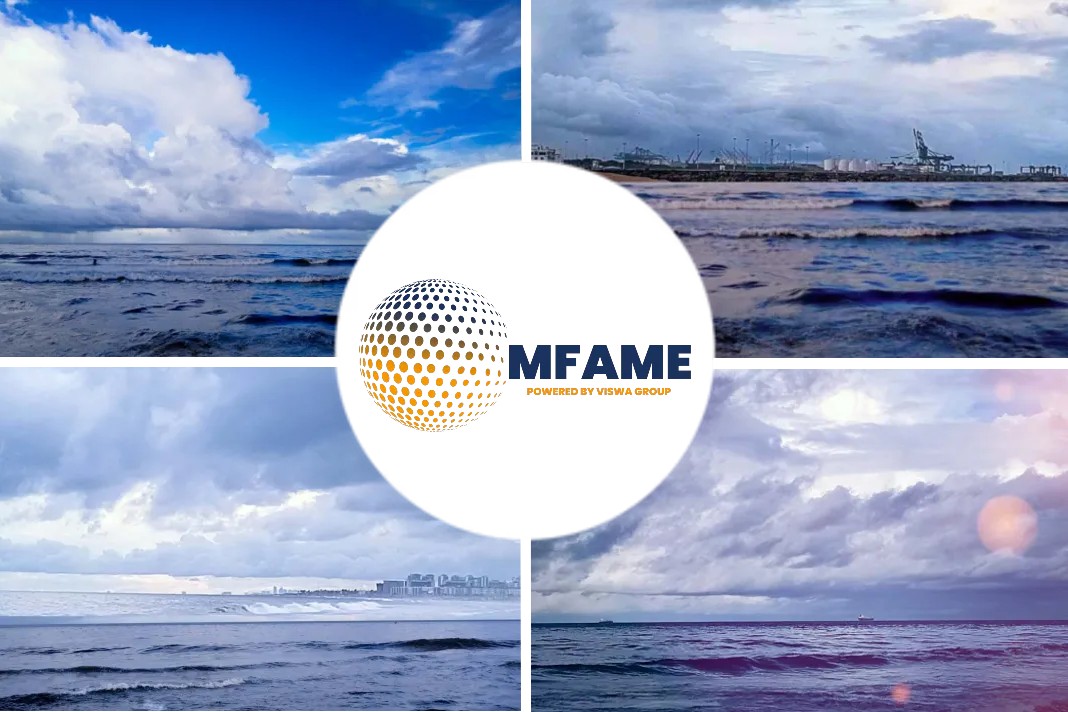- A comparative study between scrubbers and other water standards provides useful information regarding scrubber washwater quality
- The 3-year long study done comprising of 53 vessel discharge testing with 281 samples in 54 thorough tests showed scrubber as an ocean-safe option.
- DNV GL further analyzed and compared the independent laboratories test reports with national and international water standards, IMO regulation etc.
- The comparisons highlighted various scrubbers parameters like PAH concentrations which provides strong support to IMO’s Scrubbers Approval plan.
At a time when the debate on scrubbers is starting to build a major crisis as several countries and coastal areas banning open loop scrubbers, a new study proves otherwise. A long list of vessels, samples, and tests prove that scrubber wash water discharge is indeed safe. Here’s a look into that.
Safe Despite The Ban?
Open-loop scrubbers are banned from use in Singapore , China ECA , Belgium, California, Massachusetts and along Germany’s Rhine river. Japan has come strongly in support of Open Loop Scrubbers.
As the debate on Open Loop Scrubbers is raging on , three-year study led by Carnival Shipping has found that scrubber wash water is “effective and safe for the ocean environment”, as per Ian Adams, executive director, Clean Shipping Alliance (CSA) 2020.
How was the study done?
- The Carnival led study , compared 281 Scrubber washwater samples from 53 scrubber-equipped cruise ships to generate the largest washwater discharge data set in the maritime industry.
- The samples were assessed against 54 different test parameters by ISO accredited independent laboratories.
- The scrubber results compared favorably with all of these standards.
- DNV GL evaluated and compared the results against various water quality standards following confirmation that the samples analysed were consistently well within the allowable IMO criteria and regulatory limits.
- The results were also compared with selected national and international water quality standards and land-based washwater discharge limits to serve as study benchmark standards.
- The scrubber washwater compared favourably with the standards.
Comparing Scrubbers to Other Water Standards
Mike Kaczmarek, Carnival’s senior vice president, Marine Technology, said: “Comparing scrubber wash water to various other major water standards is useful to provide perspective and to illustrate EGCS wash water quality in a way that is easy to understand. These comparisons also provide relatable criteria for a number of specific EGCS parameters of interest, such as PAH concentrations, which also have limits within these standards”.
“Although these are all recognized standards that are designed to regulate other waters, they do provide confirmation of the quality of water that operators of this technology are returning to the sea, and they provide strong support to the IMO’s decision to approve these systems as acceptable means of compliance throughout the world’s regional and 2020 global emission control areas (ECAs).”
Comparison Study Reaffirms Scrubbers Viability
Mr Adams, added: “We want to emphasize that this major study was intended to provide an objective assessment of the quality of scrubber wash water through a rigorous comparison to other world water quality standards, and it now represents the largest, most credible and verifiable data set available. And importantly, the results reaffirm that exhaust gas cleaning systems are effective and safe for the ocean environment.”
Did you subscribe to our daily newsletter?
It’s Free! Click here to Subscribe!
Source: Viswa lab
















